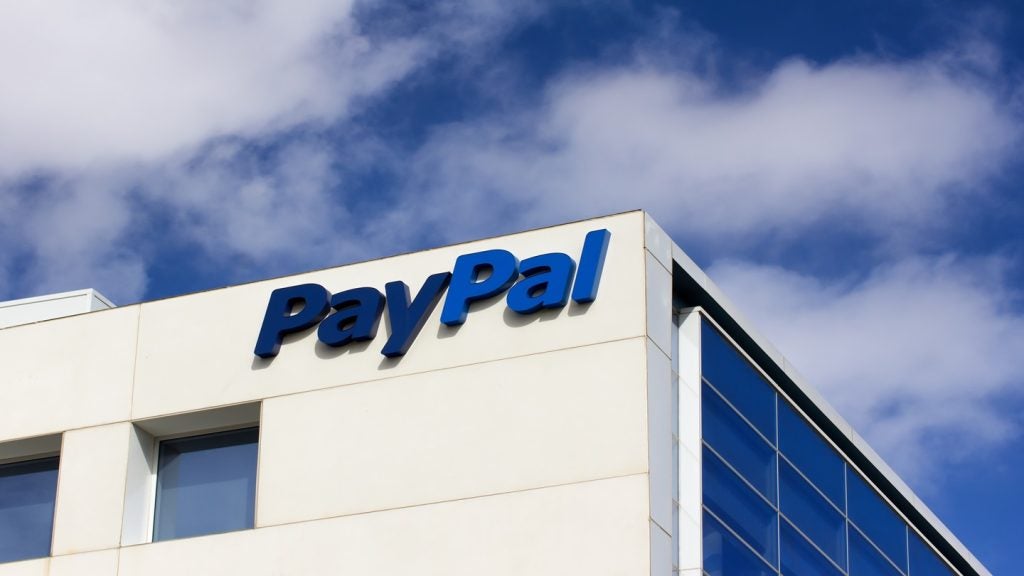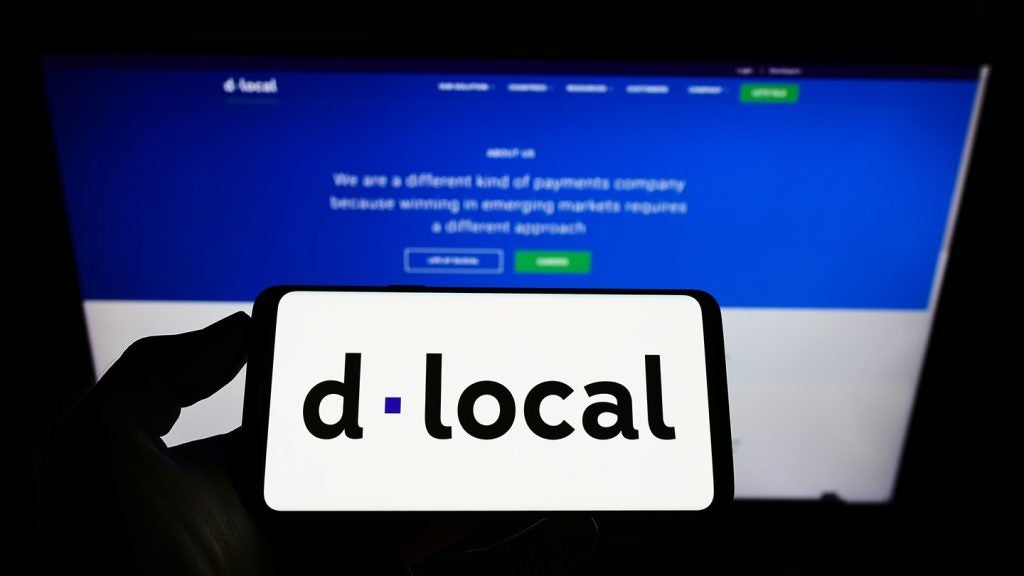Banks Can Win the Digital Wallets Battleground
Consumers have significantly changed their attitudes towards personal finance, and as such, they now expect more from their financial services providers. Whether managing finances in a physical branch, online, or on a smartphone, consumers want fully personalised experiences and products, instead of being offered the same legacy menus of conventional banking services.
Fintech and BigTechs are fast developing the necessary ecosystem to personalise a whole range of services, winning over consumers with their seamless channel integration and tailored offerings designed to meet their core banking needs. What’s more, consumers have grown to trust fintechs and BigTechs with their data in return for greater personalisation and frictionless experiences.
In the face of evolving consumer expectations, retail banks need to reinvent themselves to remain competitive. It is important that such reinvention is customer-centred thus aligned with the changing customer behaviours. One way for banks to attract the modern, financially savvy consumer is by offering a mobile wallet.
Adoption is on the rise with 53% of consumers globally now possessing some type of mobile wallet. Usage varies between countries ranging from 25% in Germany to 65% in Brazil, and 88% in India. As such, traditional banks need to move away from their narrow, legacy approaches to digital payments, or risk losing out to BigTech and fintech competitors. So, how can banks differentiate themselves and become truly central to consumers’ digital universe?
Race to recapture relevance
There’s never been a more important time for banks to get reacquainted with their customers, understand how their financial needs have changed and what expectations they now have. The days of needing to visit a high street branch for any kind of banking service are fading, with customers embracing and asking for more digital solutions.
Banks need to move away from thinking they are only there to facilitate financial transactions. Those still relying on physical branches only will cease to exist. This is in danger of happening. Because of the slow pace of change and delays in acknowledging new patterns of customer behaviour, many banks risk losing relevance and are finding it hard to compete with innovative fintechs. Many customers already use these and similar technologies in their everyday lives and now expect their banks to follow suit and provide a corresponding range of digital products and services.
How well do you really know your competitors?
Access the most comprehensive Company Profiles on the market, powered by GlobalData. Save hours of research. Gain competitive edge.

Thank you!
Your download email will arrive shortly
Not ready to buy yet? Download a free sample
We are confident about the unique quality of our Company Profiles. However, we want you to make the most beneficial decision for your business, so we offer a free sample that you can download by submitting the below form
By GlobalDataBuilding a connected digital ecosystem
Banks that can reclaim consumer trust around digital offerings such as mobile wallets and personalised services can form a solid foundation for expansion and competitive advantage.
Traditional banks can go beyond handling payments to create a connected, digital ecosystem. This is important as it will allow users to manage payments, savings, investments, cryptocurrencies, budgets, loans, insurance, and much more – all in one place, from their mobile phones. Such an ecosystem will ensure a scalable and timely delivery of new consumer needs. It will provide convenience, ease-of-use, and accessibility, while still guaranteeing payment solutions are safe, secure and reliable.
Traditional banks are in fact, in a position of strength to become the cornerstone of a rich digital services ecosystem, as they have established touchpoints and a strong level of trust with consumers. A survey found three-quarters of consumers in the UK, France and Germany also say that their main financial relationship is with a traditional bank. With the average customer interacting with their bank at least twice a day for payment-related matters, and with these representing more than 80% of total interactions, it’s now up to retail banks to leverage their strong baseline of consumer trust.
Getting the mobile wallet right
As digital payments are increasing worldwide, the mobile channel has become a major focus for the issuers and other stakeholders interested in new consumer payment services. The standard mobile wallet works as a safe, virtual storage for tokenised credit cards, debit cards, and bank account information. There is however a risk in an already-saturated mobile wallet market that banks’ mobile wallets will become just another app on a user’s phone.
To prevent that, traditional banks need to think outside the box. The idea behind a super-wallet is to provide easy, fast, secure access to all bank services, and much more. It can be a place where virtual cards are made available, to store coupons and loyalty cards from e-commerce business and where consumers can execute transactions or request bank statements.
It is also a staging area where banks can offer mobile payments for things like parking fees and public transport. To go outside the traditional ways, banks can unlock the opportunity for more exclusive services created in cooperation with partners like retail chains.
As mobile wallets use tokenisation, they’re secure due to encryption, meaning every payment made will not expose any sensitive account or customer data. Masking sensitive credit card details with tokenisation reduces the risk of data-leaks and fraud for merchants too as they no longer hold the liability of storing personal credentials data. This makes mobile wallets a gateway for banks to earn and keep customer trust.
At the centre of customers’ digital universe
Consumers are already using their mobile phones for nearly everything every day: checking the weather, breaking news, completing work, socialising, ordering prescriptions, watching Netflix, and much more.
Given this established behaviour, banks need to seize the opportunity to facilitate digital wallets that go beyond payments and help reduce the risk of losing customers to tech-savvy fintechs and BigTechs.
Digital wallets are a key battleground to determine which institutions will dominate the consumer finance space. Much is up for grabs in terms of customer loyalty and market share. Yet banks are in a great place to address the needs of various target groups, build a customer-centric ecosystem and enable personalised experiences. They will, therefore, be able to go back to being at the centre of their customers’ lives in no time.
If a wallet is predominantly about payments, then a super wallet is a one-stop-shop for all of life’s needs that have a payment requirement. Whether that is investment, insurance, e-commerce or travel, and much more.

Alex Gatiragas is Director Solution Experience at Giesecke + Devrient

Kurt Schmid is Head of Marketing and Innovation at Netcetera








Related Company Profiles
Netflix Inc
Giesecke+Devrient GmbH